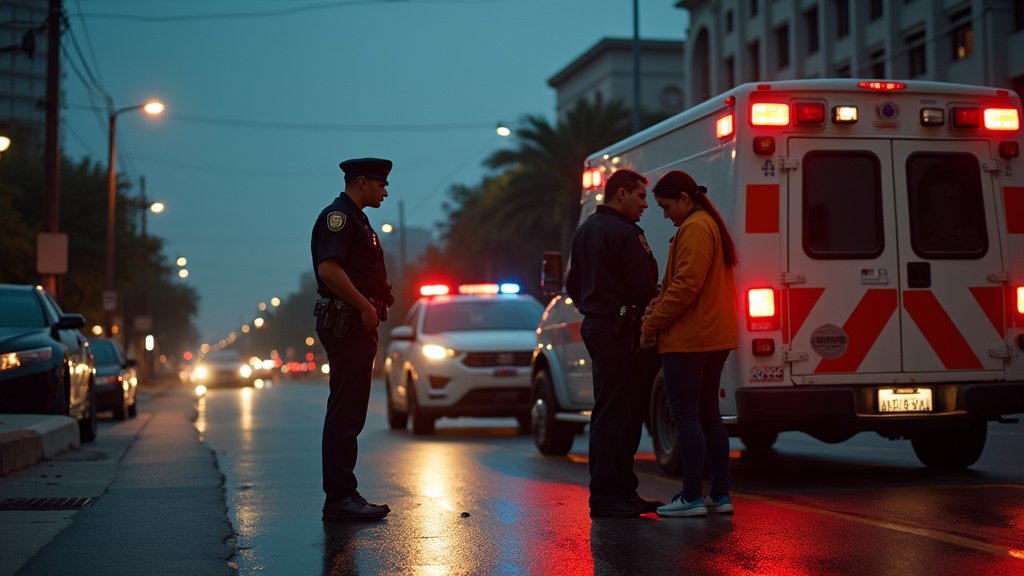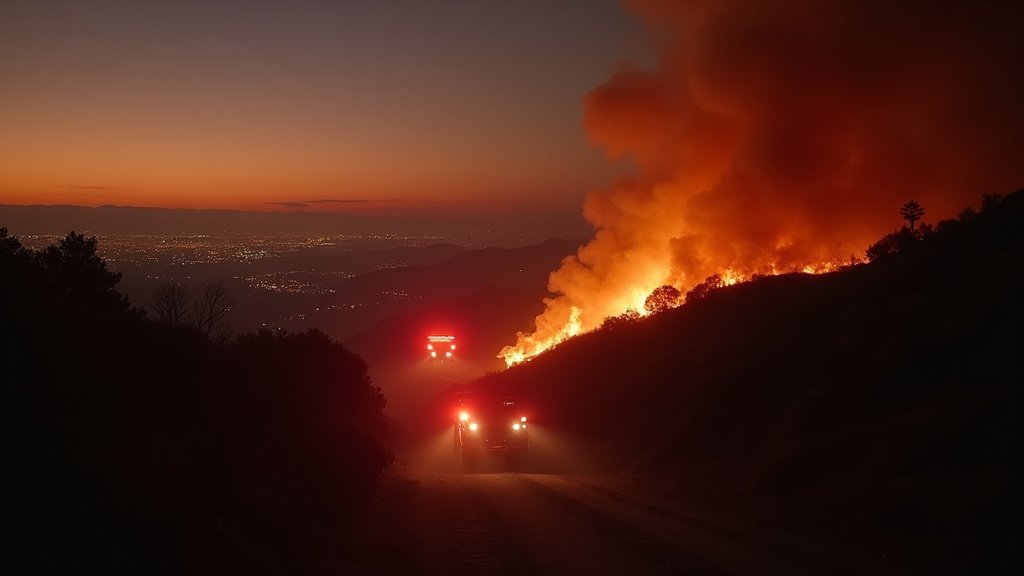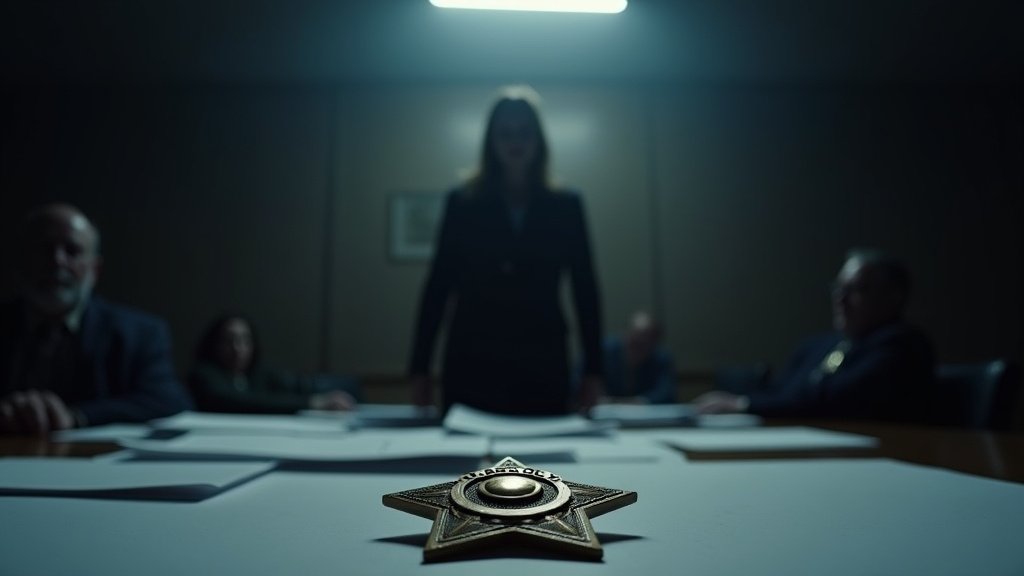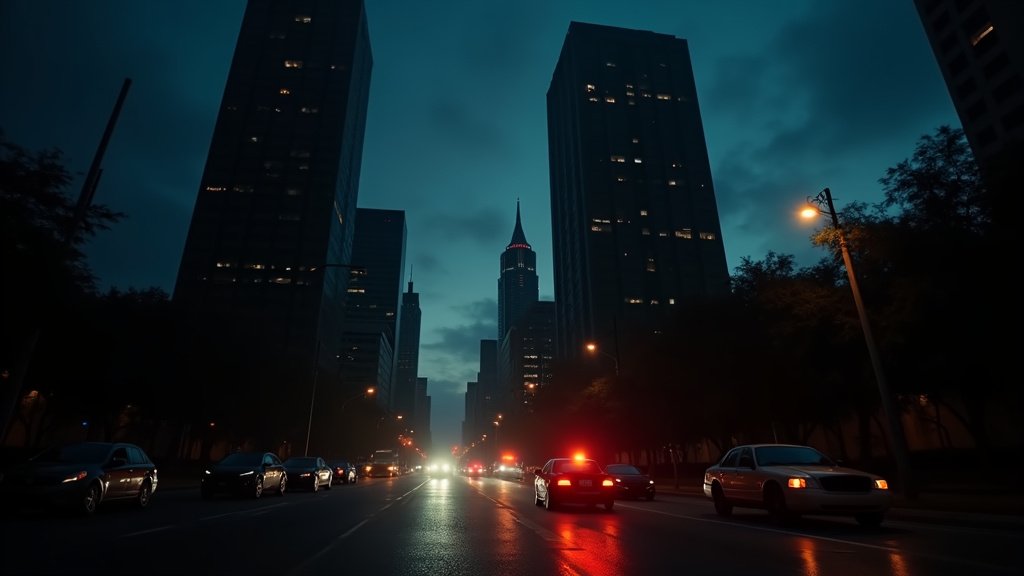In Los Angeles, a significant shift is underway in how the city and county address the Mental Health Crisis Response. Recognizing the limitations and potential dangers of relying solely on law enforcement for these sensitive situations, a robust network of alternative crisis response programs is expanding, aiming to provide compassionate, specialized care for mental health crises. This evolving approach to Mental Health Crisis Response prioritizes de-escalation and expert intervention.
The Urgent Need for Specialized Mental Health Crisis Response
The impetus for this transformation is underscored by stark statistics: between 2017 and 2023, an alarming 31% of shootings by the Los Angeles Police Department (LAPD) involved individuals perceived to be experiencing a mental health crisis. In 2021 alone, this figure rose to 41%. This data highlights a critical gap, where traditional policing is often ill-equipped to de-escalate complex mental health emergencies, sometimes leading to tragic outcomes. Community frustration with the city’s handling of interconnected issues like homelessness, substance abuse, and mental health has further fueled the demand for a different approach to Mental Health Crisis Response.
Los Angeles County’s Comprehensive Alternative Crisis Response (ACR) for Mental Health Crisis Response
Los Angeles County has been steadily building its Alternative Crisis Response (ACR) system, designed to offer a continuum of care that prioritizes mental health expertise. At its core, ACR provides a 24/7 alternative to law enforcement for behavioral health incidents. This system includes multiple entry points and services for effective Mental Health Crisis Response:
* 988 Suicide and Crisis Lifeline & LACDMH 24/7 Help Line: These hotlines serve as the first point of contact, offering immediate support, referrals, and the dispatch of specialized teams. The 988 lifeline LA alone receives approximately 6,400 calls monthly, with about 96% resolved over the phone. This is a crucial first step in Mental Health Crisis Response.
* Field Intervention Teams (FIT): Composed of clinicians, peer specialists, and community health workers, these teams respond in person to de-escalate crises, provide compassionate intervention, and connect individuals with the least restrictive level of care possible. In the past year, FIT teams were dispatched to over 21,000 calls, resolving approximately 94% without law enforcement involvement. The county has expanded to over 70 FIT teams, enhancing the Mental Health Crisis Response capabilities for mental health crisis LA.
* Crisis Care Facilities: The system integrates psychiatric urgent care centers and crisis residential treatment programs for short-term stabilization and rehabilitative support, offering specialized mental health care.
* Follow-Up Care: Recognizing the need for sustained support, the county is expanding teams dedicated to providing referral and follow-up care in the days and weeks after an initial crisis, ensuring comprehensive Mental Health Crisis Response.
City Initiatives: Unarmed Models and Community Engagement for Mental Health Crisis Response
Parallel to the county’s efforts, the City of Los Angeles has been pioneering its own unarmed crisis response programs. Modeled after successful initiatives elsewhere, these programs dispatch civilian mental health practitioners, rather than armed officers, to specific types of calls, forming a vital part of Mental Health Crisis Response.
The Unarmed Model of Crisis Response Pilot Program, launched in specific LAPD divisions, sends mental health practitioners to situations like welfare checks, public intoxication, and indecent exposure. After handling over 6,700 calls in its first year, with less than 4% requiring LAPD mental health calls involvement, city leaders are strategizing for a citywide expansion [cite: original prompt, 17]. This program aims to minimize escalation and address mental health emergencies with compassion, freeing up LAPD officers for traditional law enforcement duties, thereby improving the overall Mental Health Crisis Response.
Another key initiative is the CIRCLE program, which deploys teams of mental health professionals and individuals with lived experience to address non-violent calls from the LAPD, particularly those involving unhoused individuals in crisis. In its last year, CIRCLE responded to over 14,000 incidents. City and county departments are increasingly coordinating, allowing programs like CIRCLE and the city’s Unarmed Model of Crisis Response (UMCR) to directly request support from LACDMH’s FIT teams when higher levels of intervention are needed, showcasing a collaborative Mental Health Crisis Response strategy.
Challenges and the Road Ahead for Mental Health Crisis Response
Despite significant progress, challenges remain in effective Mental Health Crisis Response. The expansion of these vital services has been hampered at times by difficulties in hiring and retaining qualified staff. Furthermore, an LA Times investigation highlighted that response times for some mobile crisis teams have, in the past, stretched to hours. However, recent data suggests significant improvements, with county response times reduced by over 70% in two years, now often averaging within the 30- to 45-minute range or 1-2 hours for crisis intervention.
City leaders and community organizers are committed to building on these successes. Through ongoing partnerships and a dedication to a ‘Care First’ philosophy, Los Angeles is actively working to create a more responsive, humane, and effective system for those experiencing mental health crises, ultimately enhancing public safety and well-being for all Angelenos. The news from Los Angeles indicates a clear trajectory toward prioritizing mental health expertise in crisis intervention and a more robust Mental Health Crisis Response.





